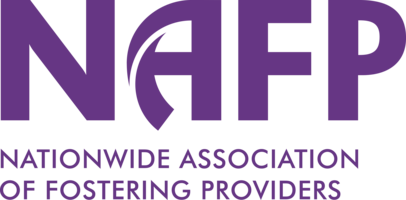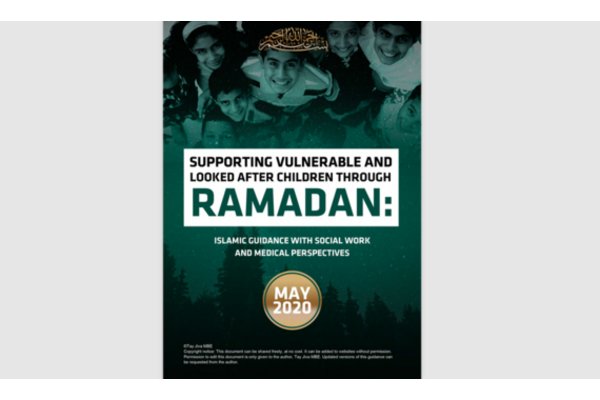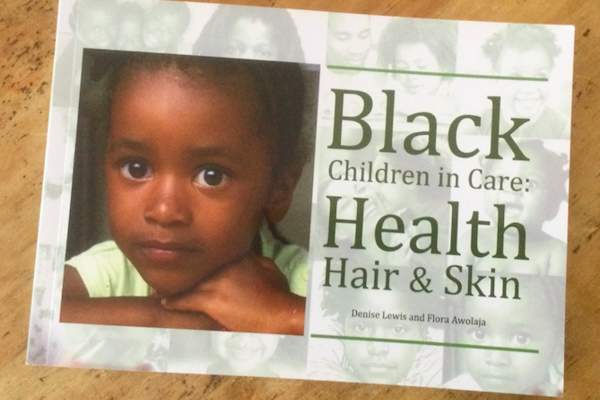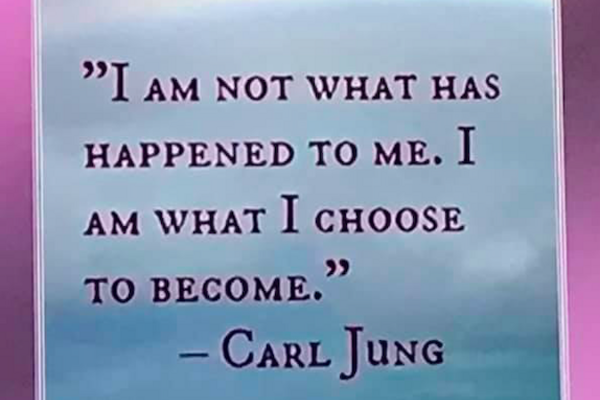I’m a registered manager of a fostering agency and I’m an ISW form F assessor; however, in my ‘free’ time (which I don’t have much of, but I find time) I do a lot of work with Muslim community groups. As part of this voluntary work, I’ve written guidance on how to support Muslim children in care through Ramadan. The guidance was endorsed by several other members of the Muslim community, including Muslim scholars and Muslim multi-agency professionals. I will provide a very brief summary of the guidance here.
Ramadan is a month of the Islamic calendar: The Islamic calendar is lunar, so Ramadan is approximately 11 days earlier every year (relative to the solar/Gregorian calendar). Muslims don’t start fasting for Ramadan until the new moon for Ramadan is sighted in the country that they ‘follow’ – this year everyone who fasted with Saudi Arabia started fasting a day before those who waited to see the moon in the UK (or neighbouring countries). For this reason, Muslims can’t confirm the first day of fasting (or the day of Eid) until the night before.
Most people understand that Ramadan is about fasting, but it’s also a month of celebration, joyfulness and togetherness for most Muslims. Some children may not have had a positive experience of Ramadan (or other religious practice) and so it’s important to gauge how children feel about their faith – if there has been trauma in the child’s past, this has to be addressed sensitively. Faith practice should not be upsetting; professionals shouldn’t pressure any children into faith practice if it’s distressing to the child. That said, it’s also important to sensitively support any child (or adult) who holds views about any faith being oppressive and controlling – work should be done to help the child/adult to understand that no religious endorses abuse, oppression or trauma, but sadly there are some followers of all faiths who manipulate faith beliefs in order to oppress and abuse others.
Fasting is one of the 5 ‘pillars’ of Islam and as such it is considered to be an obligation upon all everyone above the age of adolescence: That said, the circumstances of the individual should be considered, for example, someone whose health would be significantly negatively impacted by fasting shouldn’t fast. Furthermore, nobody should be unduly pressured or forced into fasting, especially children in care, who may have complex feelings around faith practice.
For children who are keen to celebrate Ramadan, this is an opportunity to boost both their religious and cultural identity. Children should experience Ramadan as a fun time; immediately prior to (or during) Ramadan the home may be decorated with bunting, lights etc. and there should be fun activities and an increase in the amount of quality time spent with the children.
Pre-pubescent children are not expected to fast and even at puberty, the obligation to fast depends on the child’s motivation and capacity to fast. Fasts last from sunrise to sunset, which is a very long time, especially for younger children. Furthermore, the fast becomes more challenging for those who choose to wake up for the early morning prayers (at sunrise). The fasts are ‘dry’ fasts in that no food or water is consumed – this can be draining to adults, let alone children. One option, particularly for younger children, is to do ‘short’ fasts as practice fasts, or to give up particular foods or snacks between the hours of sunrise and sunset.
For older children who choose to fast, there may need to be some accommodation around their sleep times and they may also struggle with their energy levels and mood. Staff should be having discussions with the children to understand their support needs; for example, the child may want to have a nap after returning from school, they may want to avoid the kitchen or any areas where there’s food and they may need more support to manage their mood, especially when their energy levels are low.
Understandably, the ‘opening’ of the fast i.e. eating at sunset, can also be an important time for the family to bond. Prior to eating the family will sit together and either pray, or chat with each other, and then starting to eat together can be an emotional and happy time for all. For children in non-Muslim homes, it is important that they have company and support at sunset, when it’s time for them to eat again.
The end of Ramadan is marked with a celebration called Eid al-Fitr – again, the specific day can vary depending on the moon sighting. Eid is a very important celebration for Muslims and may be marked with local community celebrations (depending on Covid restrictions). Either new clothes, or smart clean clothes, should be worn on Eid day. Mosques hold prayers on Eid day – children in placement may wish to attend these prayers so they can feel connected to their faith and cultural community. Some mosques don’t have facilities for women and some mosques may require booking (due to Covid restrictions), so arrangements should be confirmed beforehand. Muslim children usually don’t attend school on Eid day, but some children may wish to attend and celebrate Eid after school and/or on the weekend.
In terms of supporting Muslim children, especially Muslim children in non-Muslim homes, adults and other children can be mindful, encouraging and supportive of fasting children. Staff may wake at sunrise with the child and help to prepare the food (this would be a very kind and generous gesture), some people may wish to try fasting for one or more days, and the child can be supported to attend mosque. The child could also be linked in with other Muslim families and children so that then don’t feel isolated during this very spiritual time.
This Ramadan I’ve also set up a project whereby Muslims donate money and/or gifts for Muslim children who are placed into non-Muslim homes: The idea behind the project is that the children don’t feel quite so isolated, and they’re reassured that there are Muslims who wish them well (thereby perhaps reducing any stigma they may feel of being a child in care). I have received several referrals via local authorities and gifts have been sent to the social workers, to pass to the children.
For further information or advice, I can be contacted via phone (07920097834) or email ([email protected])







